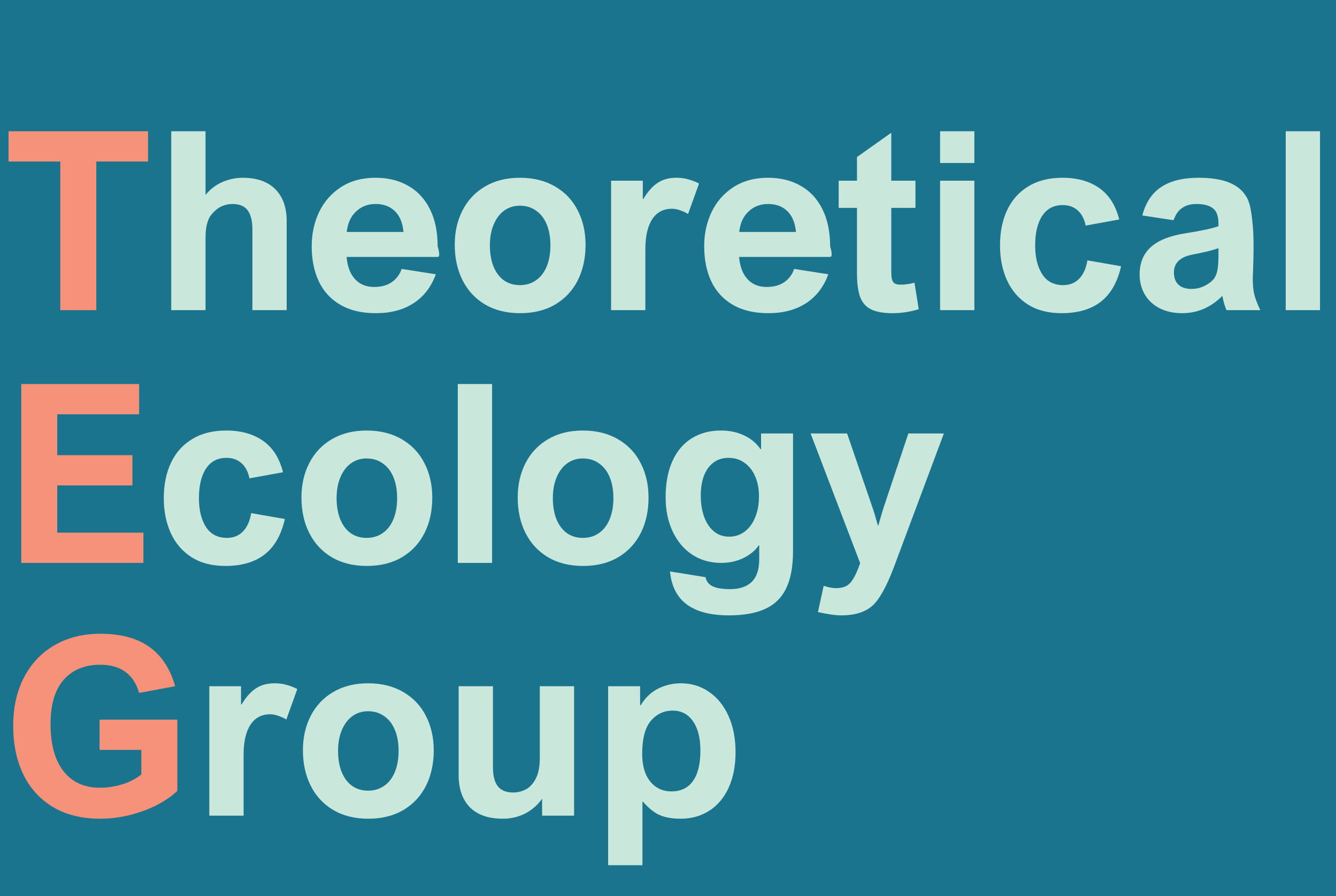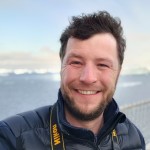


I have teaching experience at various academic levels, including undergraduate (BSc), graduate (MSc), and PhD levels. In the past years, I have predominantly taught the following courses:
Ocean Science is a comprehensive, olbigatory, 20 ECTS course that spans the entire first semester in the Marine Biology, Fisheries Biology, and Management specialization of the Master's Programme in Biology. The course covers modern marine research with a focus on fisheries and marine biological methods, including theoretical and practical modules on biological oceanography, research vessel experience, field observation methods, and the interpretation and analysis of field data.
A highlight of the course is participation in a research cruise, which takes the students first to the Fjords, and then out at sea from Bergen to Shetland.
In 2019, under Katja Enberg's leadership, this part of the course underwent a significant overhaul. Key changes included integrating student-led research projects in collaborative teams. Students developed and planned their research projects, executed these plans during the survey, collected and analyzed their data, and compiled their findings into survey reports. The assessment structure was expanded to include on-board competence demonstrations, such as a fish faunistic exam and an exercise on interpreting acoustic observations.
From 2020 to 2022, I took over responsibility for the week-long teaching cruise across the North Sea while Katja was on leave for a sabbatical and other teaching-related responsibilities.
Building on Katja's course development, I expanded the course by creating data labs with dedicated tutorials. These labs equipped students with tools for data cleaning, quality control, and analysis. They have consistently received positive feedback, and there is a noticeable improvement in the coding skills of our master's students. Much of the data wragling part has now been incooperated in BIO300B
In 2023, Katja returned as the module responsible, but I have continued to teach the data labs, supervise student groups, and manage the data coming from the cruise.
This module specifically supports two of the BIO325 learning outcomes: (1) Understand how physical processes and structure influence the biological interactions and distribution of marine organisms, and (2) Understand models of marine productivity. A specific emphasis on preparing students for the student research cruise and providing them with the oceanographic knowledge necessary for their analyses. Another key focus is the "dissection" of the "Huisman model", which serves as the cornerstone for most contemporary bio-physical ocean production models. Additionally, the module delves into the approach proposed by Follows et al 2007 , discussing how it can transition from vertically resolved to global 3D models. While the teaching approach is primarily lecture-based, practical exercises on dimensional consistency and dimensional analysis are included.
The course introduces marine ecosystems and how they are shaped by natural processes and human activities. It reviews the characteristics and environmental conditions regulating the ocean's primary production, microbial processes, and secondary production. The world's marine ecosystems are classified into main categories, with particular emphasis on Norwegian coastal ecosystems. Key features of global fisheries, aquaculture, ocean pollution, and climate change, and their effects on marine ecosystems, are also discussed.
This course is obligatory for students in the 5-year Integrated Master Programmes in Fish Health/Aquamedicine and Aquaculture Fish Health/Aquamedicine and Aquaculture
Currently, the course is exclusively lecture-based but includes practical exercises on dimensional consistency and dimensional analysis. Drawing from my teaching experience in 2023 and the student feedback I have gathered, I will propose restructuring the course to incorporate team-based, active learning methodologies.
I regularly give guest lectures on various topics in different courses. Most frequently, I have taught the "Pelagic communities" section in BIO212 Community Ecology (2021-2024, annually), and will continue to do so in 2025. Additionally, I have delivered lectures on "Integrating models with data" in BIO325 Ocean Science (2019), "Climate-driven range shifts & life history adaptations to seasonality" in AB338/838 Life History Adaptations to Seasonality (2018), and developed and taught a module on seabird-at-sea census techniques in AB202 Arctic Marine Biology (2015).
Office:
3G19
Thormøhlensgate 53B
3rd floor
Postal Address:
Department of Biological Sciences
University of Bergen
P.O. Box 7803
N-5020 Bergen
Norway